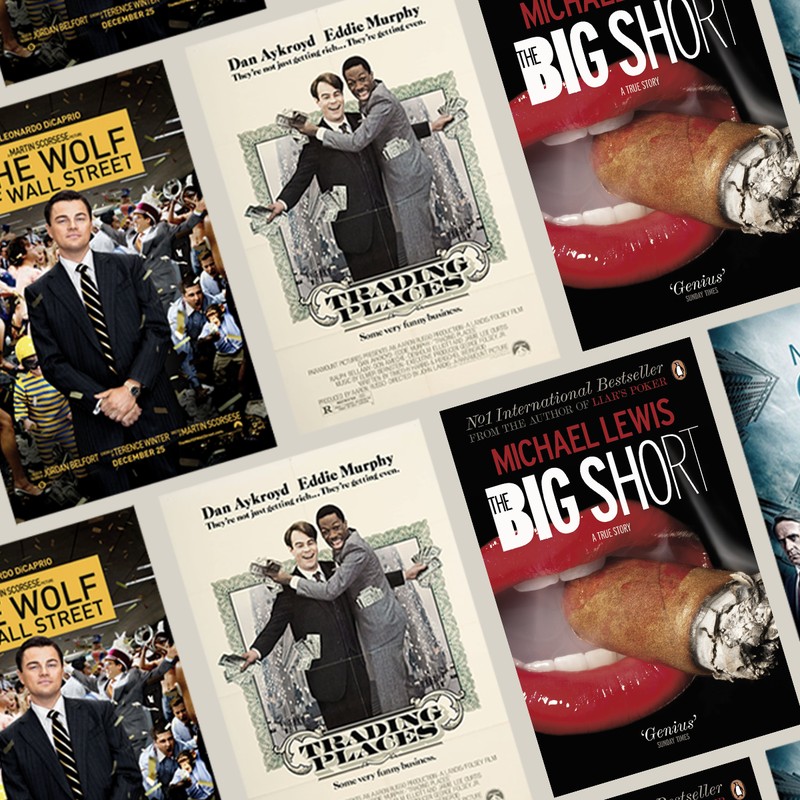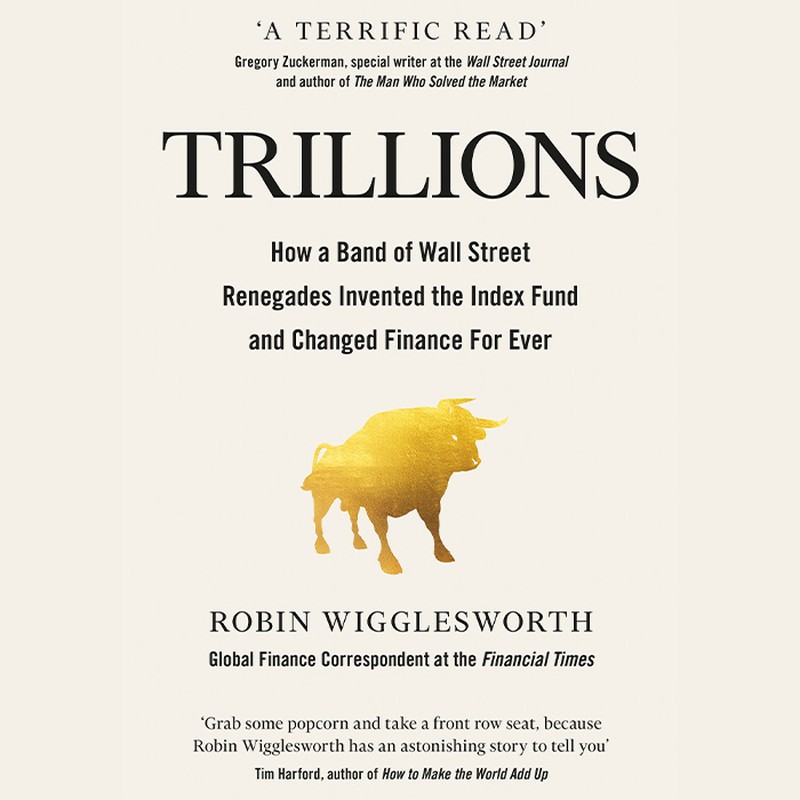My Life In Culture: Robin Wigglesworth
BOOKS
Against The Gods By Peter Bernstein
This is the one I always recommend. Bernstein is the granddaddy of really good financial stories and an inspiration for my book. This is his history of risk, which sounds fantastically dull, but is actually riveting. It’s a stone-cold classic of financial history that tells how humans first created the mathematics of probability and harnessed that to invent entire industries like banking, insurance and investment.
Available here
A Random Walk Down Wall Street By Burton Malkiel
I always give this to young financial journalists or anyone looking to understand finance better. It first came out in 1973 and has been updated about 20 times – and every time it’s a bestseller because it’s so incredibly current. It’s also incredibly well written.
Available here
Manias, Panics & Crashes By Charles Kindleberger
This is as entertaining as you’d hope from that title. It’s a history of financial debacles from the South Sea Bubble to present-day disasters. Financial crises are pressing, scary, destructive things, but they are also fascinating.
Available here
The Big Short by Michael Lewis
I could have chosen anything by Michael Lewis. He writes like a novelist, not a journalist. Complicated stuff is covered in an engaging way – with no need for tonnes of footnotes.
Available here
The Last Tycoons by William Cohan
William Cohan is a former investment banker who wrote this gripping book on the history of an investment bank called Lazard Frères. This was his debut; he’s now a prolific financial journalist and I try to read everything he ever writes.
Available here
Den of Thieves by James Stewart
This is another classic of financial history. I’m embarrassed to say I haven’t actually read it – but it’s been on my book shelf for a long time. It’s about the junk bond boom of the 1980s and, specifically, the rise and fall of a guy called Michael Milken.
Available here
The Man Who Sold The Market by Greg Zuckerman
Greg is a frenemy from the Wall Street Journal. His book is a fascinating biography of Jim Simons – the most successful hedge fund manager in the history of the world and a pioneer of quantitative investing. Simons is a multibillionaire and his fund still cleans the clocks of every other manager.
Available here
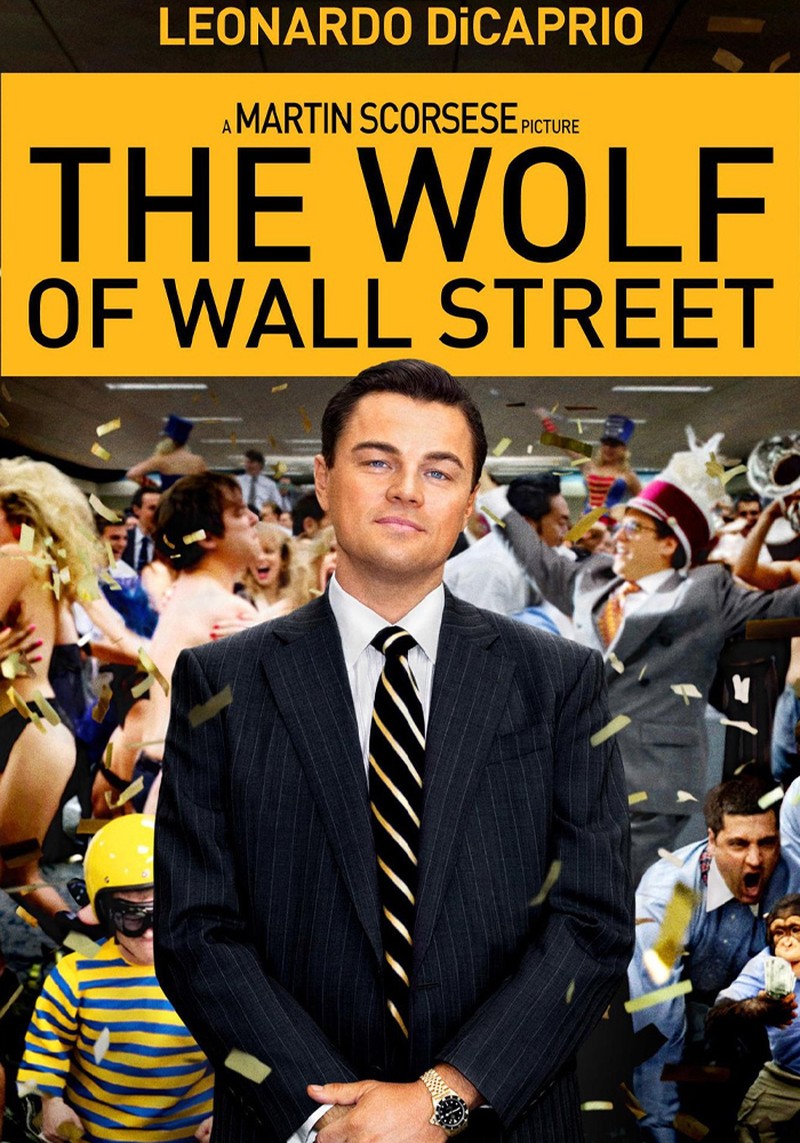
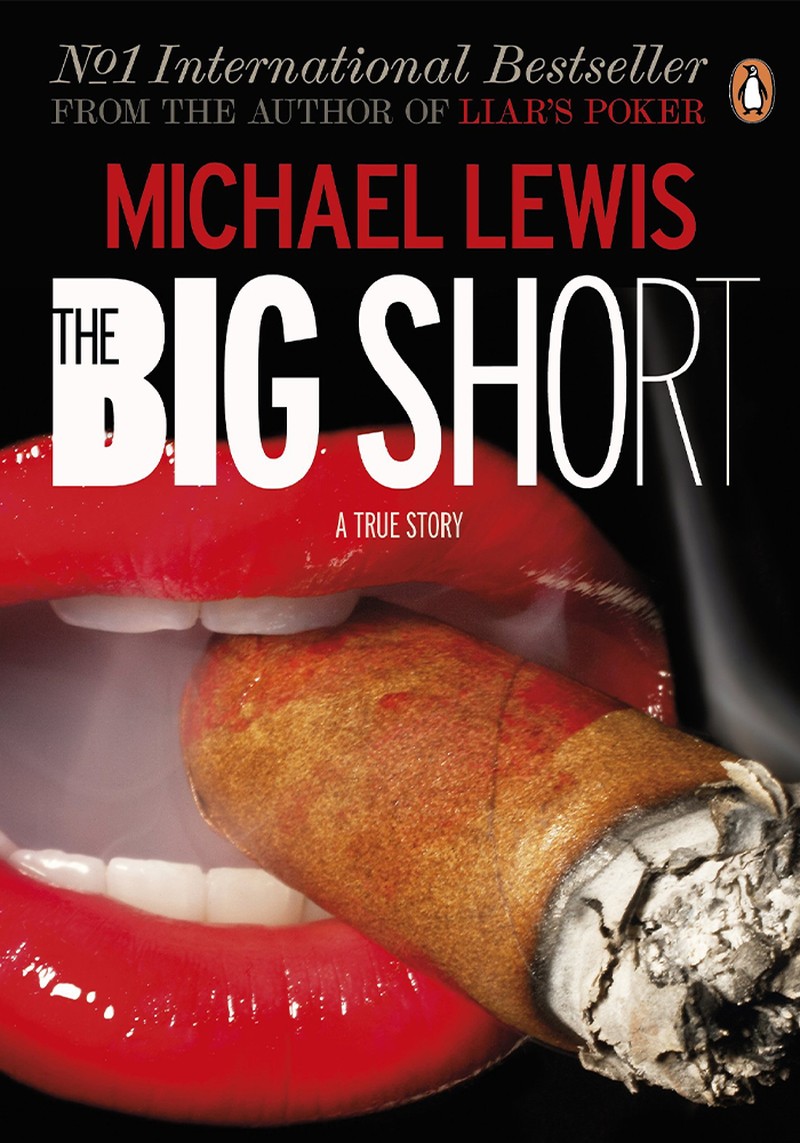
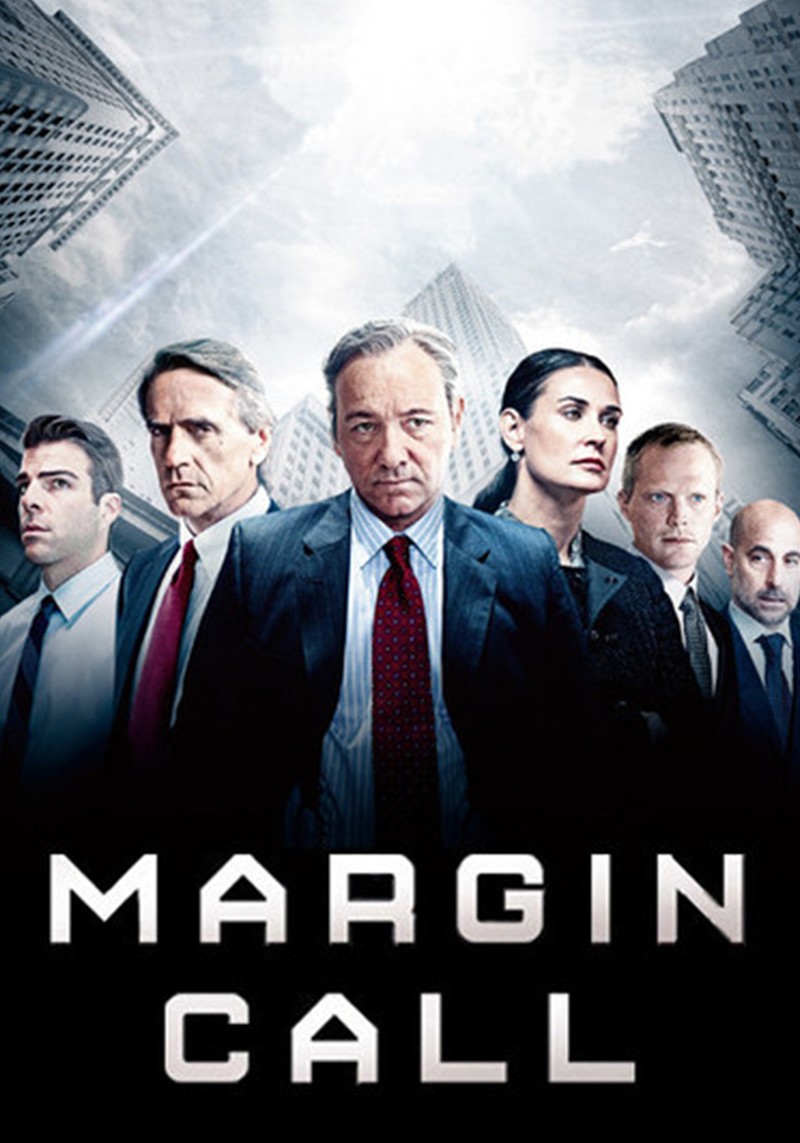
FILMS
Trading Places
That’s right. Eddie Murphy and Dan Aykroyd at the peak of their powers. It’s actually better than Wall Street and the trading scenes – when they’re dealing orange juice futures – are really well and accurately done. The whole thing is still very enjoyable.
Margin Call
This is a phenomenally underrated film in general, though it has become a bit of a classic within the finance industry. The bank is based on Lehman Brothers and some of the characters are based on real people – I certainly recognise a lot of people I know in finance. It does a great job of explaining the 2008 financial crisis without going into financial jargon and might be my favourite finance-related film of all time.
Wolf of Wall Street
I have heard worrying stories of people watching this and wanting to go into finance as a result. These people should probably reappraise their life choices. Nevertheless, the film itself is great fun. It doesn’t explain much about economics, but finance can be pretty seedy and it captures that. Today, the kind of boiler room it depicts would probably be dealing in cryptocurrencies.
PODCASTS
Odd Lots
The New Bazaar
This new podcast is by Cardiff Garcia and Aimee Keane and it’s been fascinating so far. They’re former colleagues of mine – I knew whatever they did was going to be great – and they go deep with some really good guests, but in a really accessible way.
Listen here
COMMENTATORS
Bradley Hope – Wall Street Journal
He’s an investigative journalist and friend of mine. If he wasn’t a friend, I’d be incredibly envious of his body of work.
John Authers – Bloomberg
Bloomberg now has a disgusting number of good journalists, including my former colleague John.
Robin’s own book is Trillions: How a Band of Wall Street Renegades Invented the Index Fund and Changed Finance Forever. It’s published by Penguin on 12th October. Pre-order it here.
DISCLAIMER: We endeavour to always credit the correct original source of every image we use. If you think a credit may be incorrect, please contact us at [email protected].
